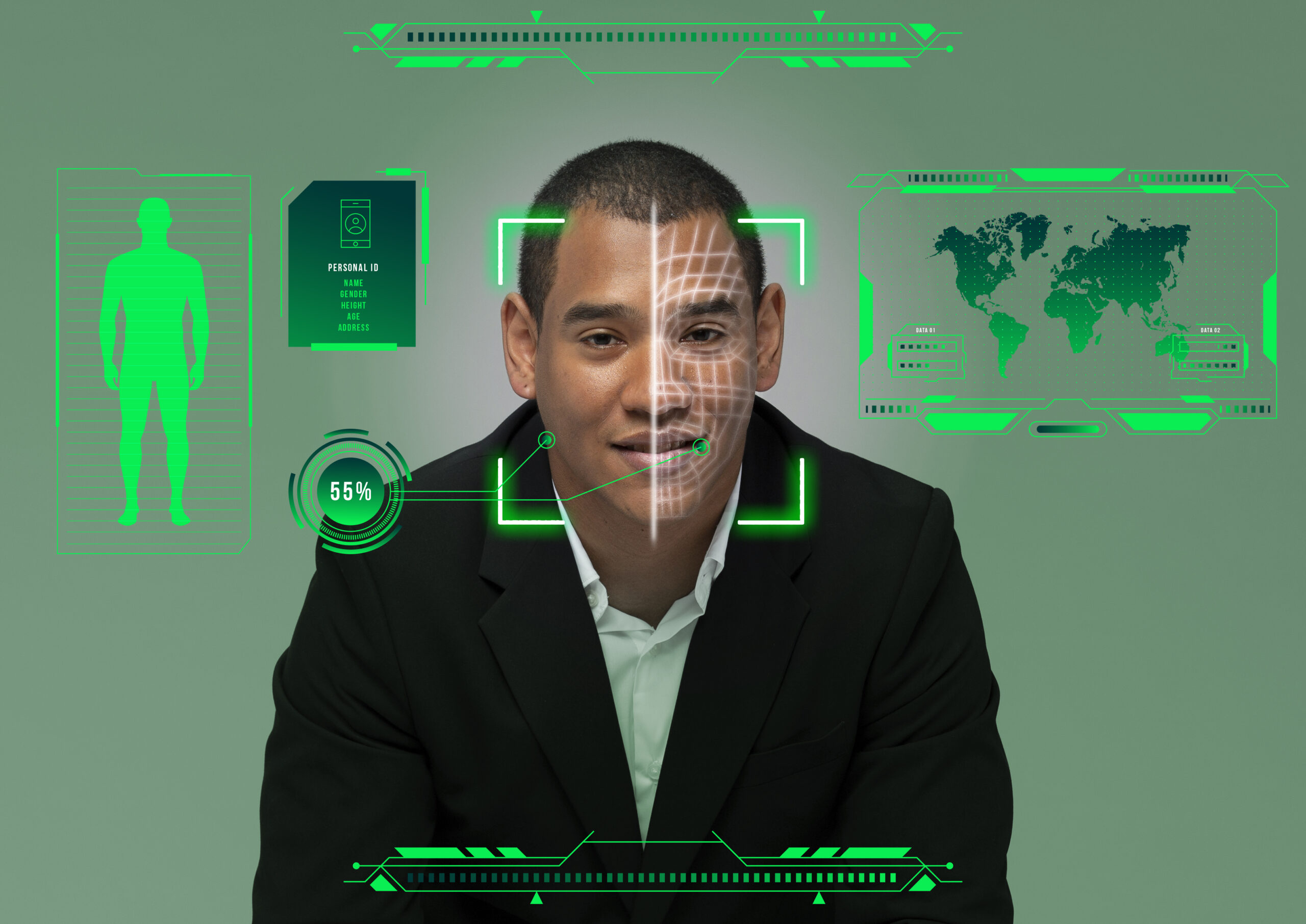Strong Impactful facts about bodycam hacks-2024
The modern era can be termed as the era of technology growth. This has also resulted in the emergence of bodycam hacks, which again can be deemed as an advancement in technology. A bodycam hack refers to the malicious undermining of the body camera system for personal pleasure. If you are interested in body cam hacking, check out this article to get the details.
What are bodycam hacks?
Cameras that are worn on the body are common tools for the police, and an instance of bodycam hacks is described as the incident of a breach of said cameras. These events raise alarming issues in terms of security, privacy, and fidelity of the collected media, as they may involve footage being altered or erased, shutting down cameras, tapping into streaming video feeds, or obtaining sensitive data.
Key Features of bodycam hacks
Key features of bodycam hacks include:
Unauthorized Access: Gaining control of a body camera system without permission.
Image Manipulation: Changing, deleting or manipulating recorded audio and video.
Remote Disable: Turn off the camera or prevent it from recording.
Stop Live Stream: Access live video streams remotely.
Data Breaches: Exposing sensitive information stored or transmitted by a device.
Vulnerability Exploitation: Using weaknesses in a device’s software or communication protocol to perform a hack.
Application of bodycam hacks
Bodycam hacks can have both harmful and ethical impacts. Malicious hackers may alter or delete evidence, obstruct justice, disable cameras during critical incidents, or access live feeds without authorization, leading to privacy breaches and exposing sensitive data. On the ethical side, cybersecurity professionals use hacking to identify vulnerabilities and improve system security, helping law enforcement strengthen data protection measures. While bodycam hacks pose legal and ethical concerns, their responsible use in system improvement highlights the need for controlled and ethical hacking practices.
What is the use of bodycam hacks?
Bodycam hacks are mostly employed for illicit activities that have unfavorable effects. They can interfere with justice by turning off cameras, tamper with evidence by editing or removing video, and violate privacy rights by secretly recording encounters between law enforcement and civilians. Vulnerabilities in bodycam systems could allow hackers to obtain private data. While there are legitimate applications for bodycam hacking to find security flaws, most of them come with serious risks and malevolent intent.
How can we use bodycam hacks?
It is morally right to use bodycam hacks to increase security, but doing so needs authorization and legal compliance. Through penetration testing and assessments, ethical hackers find holes in systems, enabling manufacturers and law enforcement to improve security and address security issues. Additionally, in order to strengthen encryption and stop unwanted access, they can mimic attacks. This proactive, legal strategy maintains responsibility and transparency while bolstering bodycam security.
Advantages of bodycam hacks
In controlled environments, bodycam hacks can be useful for increasing security and accountability. By spotting weaknesses, ethical hackers can assist manufacturers in fortifying their systems and thwarting assaults. Additionally, they might reveal abuse or tampering, encouraging openness, particularly in law enforcement. Hacks can ensure privacy in conditions of repressive surveillance. All things considered, they help create safer technologies and better system designs.
Disadvantages of bodycam hacks
Because they compromise important evidence and provide hackers the ability to edit or remove video, bodycam hacks pose a severe risk to court procedures. Unauthorized access to recordings infringes on privacy rights and reveals private information that could be misused. The public’s confidence in surveillance systems intended to be accountable is weakened by these breaches. When used maliciously, bodycam hacking can compromise public safety, encourage wrongdoing, and thwart the administration of justice by turning off cameras at critical junctures.
Is bodycam hacks legal?
Law enforcement must abide by rules regarding the management and preservation of bodycam footage; hacking that transgresses these might result in legal repercussions. Legality may be complicated by unauthorized access to live broadcasts or recordings that violate privacy regulations. Similar to tampering with evidence, malicious hacking can lead to severe criminal charges. Unauthorized access usually carries legal consequences, even when ethical use might be allowed. Legal standards and authorization must be consulted before considering hacking for security reasons.
Is bodycam hacks safe to use?
In general, using bodycam hacks is not safe, especially if done without the required authorization. Unauthorized bodycam hacking has a number of serious hazards, including the loss of important evidence, invasions of privacy, and dangers to public safety. Hackers might alter video, interfere with investigations, or reveal private data. Additionally, there may be severe legal repercussions if law enforcement bodycams are compromised.However, bodycam hacking can be utilized to find weaknesses and strengthen system security when carried out morally by cybersecurity experts with clear consent. Bodycams are kept safe and serve an accountable and transparent function thanks to this regulated and lawful method.
In conclusion, unless they are employed in the context of ethical hacking to improve security, bodycam hacks are risky and forbidden.
Future of bodycam hacks
Stricter laws, growing cybersecurity risks, and technological advancements will all influence the future of bodycam hacking. Strong cybersecurity is crucial since improved features like cloud storage may raise risks. More stringent encryption and law enforcement’s handling of data more strictly can prevent hacking. The role of ethical hacking in locating vulnerabilities will increase as privacy concerns rise. The future effects of bodycam hacking will be influenced by proactive technological and policy actions, even though risks still exist.
Conclusion
In conclusion, there are advantages and disadvantages to bodycam hacking. While harmful hacking has the potential to jeopardize data, privacy, and public confidence, ethical hacking provides a way to find security flaws and strengthen system defenses. The future of bodycam hacking will be determined by increased cybersecurity, governmental supervision, and technological breakthroughs. Bodycam systems can be made more dependable and safe by emphasizing responsible, supervised use, which strikes a balance between openness and security.




Post Comment